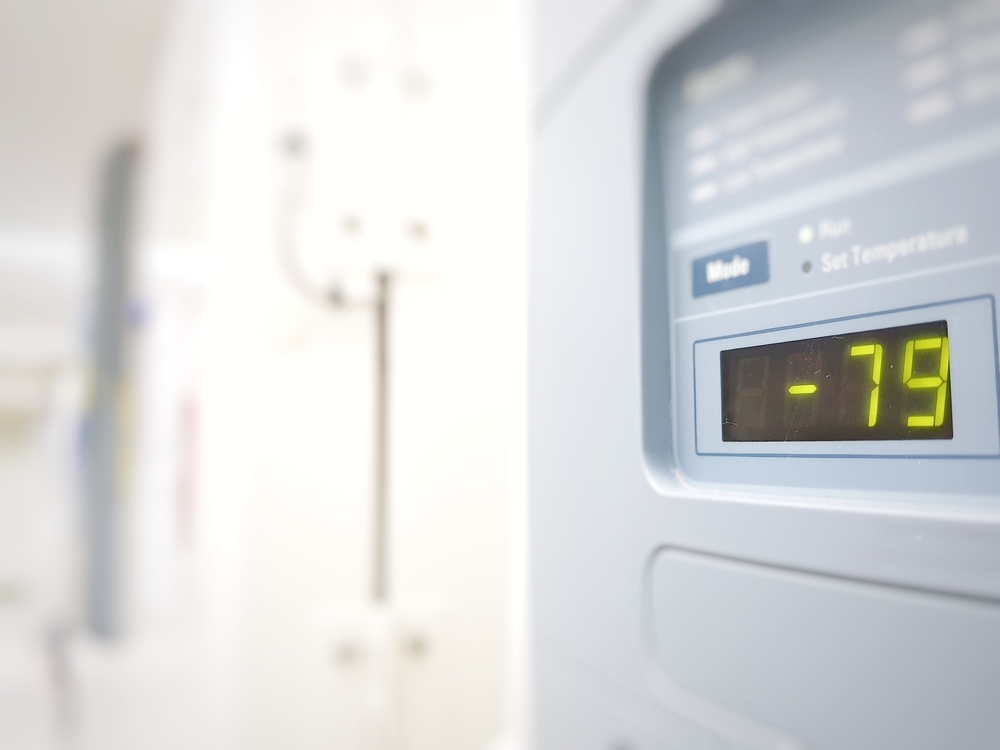Each industry has its own specific needs concerning their facility, personnel and equipment. Sure, there are some devices that two different fields would both use. However, biological labs that are preparing to open have a very specific list of devices and tools they need to conduct their research. In this post, we’ll list the most essential scientific devices that every biological lab must acquire before any work begins.
Necessary Lab Equipment for New Facilities
For two decades, SEPS has been maintaining, decontaminating and certifying equipment across all fields. And in those two decades, we’ve served the complete scope of scientific and research industries. Of course, this includes one of the more notable fields: biology.
Lately, we’ve seen an influx of new biological laboratories open within the private and public sectors. As soon as these labs open their doors, they’re immediately tasked with acquiring hundreds of pieces of equipment to use in the lab . Below is a list of some of most necessary scientific devices that any functional biology lab must acquire before research can begin.
1. Ventilated Work Benches
One device that every single biological lab has on its checklist is a ventilated workbench. This is because ventilation is one of the main ways scientists are able to rid themselves of dangerous gases, like hydrogen sulfide (H2S), Formaldehyde (CH2O) and Ammonia (NH3). These three gases pose huge risks to lab personnel.
Furthermore, if these gases should ever contaminate your lab, you will need to shut down and hire professional decontamination services.
2. Ultra-Low Temperature (ULT) Freezer
Ultra-low temperature (ULT) freezers have always been essential to biological sciences. However, in recent years, their importance to medicine has skyrocketed. As the only cold storage unit capable of safely housing the COVID-19 vaccine, these freezers experienced an unprecedented surge in global demand. ULT freezers can reach astonishingly low temperatures within their interior chambers. Depending on the model and its purpose, a ULT freezer can range between -45 and -150 degrees Fahrenheit.
For biological science labs, they often need to store their organic materials like bacteria, pathogens, viruses, cell cultures, tissue samples and more within conditions only a ULT freezer is capable of producing. Without the range of a ULT freezer, certain samples (along with months or even years of work) can go entirely to waste if compromised. Therefore, every biological lab planning to open their doors must have one before any work starts.
3. CO2 Incubator
Like ULT freezers, CO2 incubators maintain superlative value and importance for biological sciences. Basically, a CO2 incubator is a device that researchers rely on to contain and cultivate their cell cultures. Workers program specific intervals into each unit which adjust carbon dioxide, temperature and humidity levels within the incubator. Ultimately, the sole purpose is to replicate the same conditions as each sample’s natural environment. As a result, the cell cultures develop and grow at accelerated rates.
While a few different fields might require CO2 incubators on occasion, biological labs can’t operate without them.
4. Centrifuge
A centrifuge is a device that uses centrifugal force (spins) to separate a sample’s contents by density. Basically, the centrifuge’s revolution cultivates this force. In most cases, the samples would inevitably separate independently. However, centrifuges eliminate any tedious waiting and accelerate the process by a massive percentage.
Medical, academic and food research sciences also rely on centrifuges for their work. They’re essential for studying a wide range of specific materials, from DNA to solvents. But like incubators, biological sciences absolutely cannot manage to function properly without them. Also, it’s important to consider factors like flexibility, floor space and finding a service provider when on the market for a centrifuge.
Is your biological lab ready with these units?
If you’re opening a biological lab, or just want to make sure your current one is in tip-top shape for research and experimentation, there are some scientific tools that can be considered essential. Some of these devices may not seem like they would be necessary at first glance but all labs should have them before any work begins.
